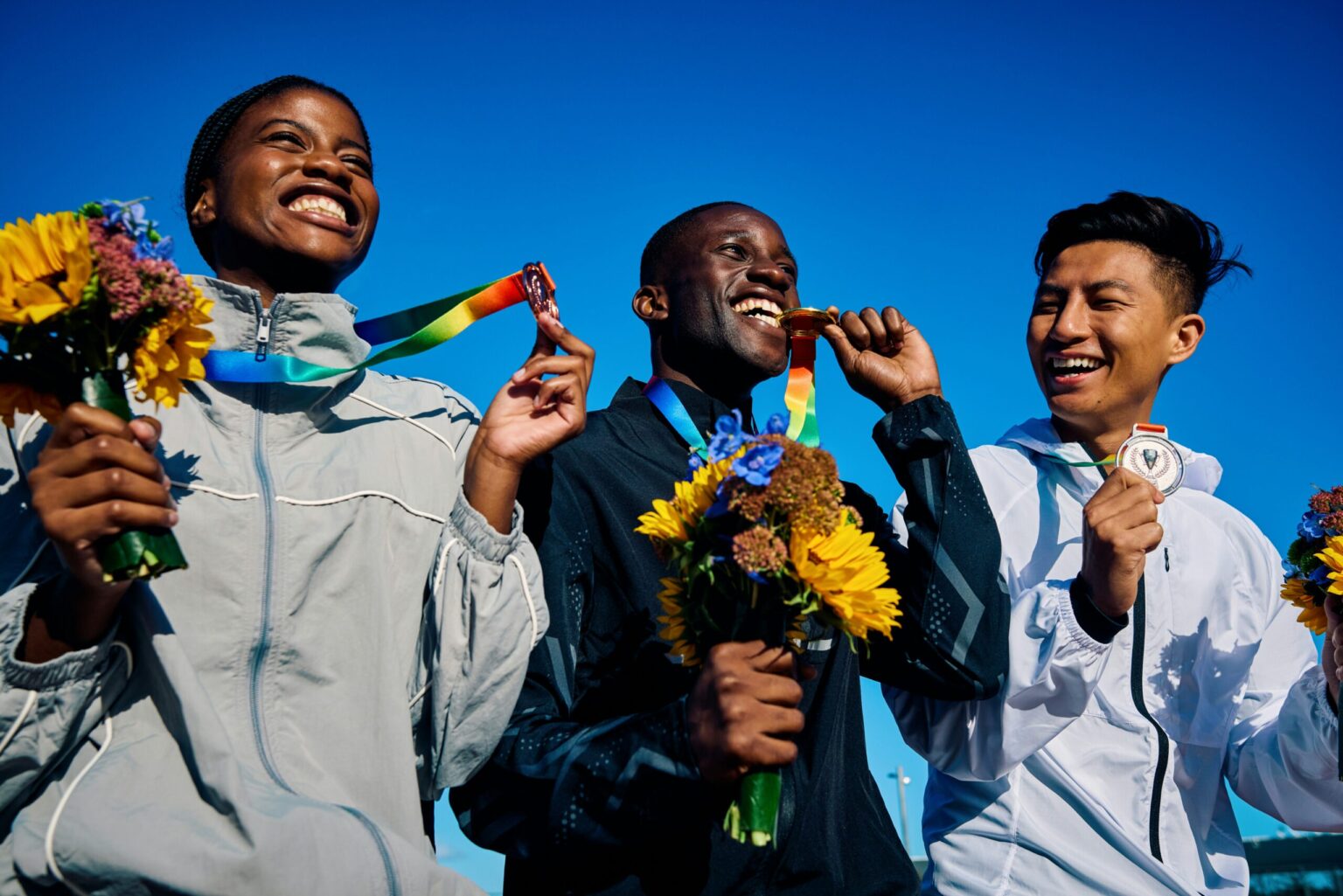February 3, 2025 — In a historic move, the International Olympic Committee (IOC) has announced that the 2028 Summer Olympics in Los Angeles will be the first fully gender-equal Games in Olympic history. For the first time ever, the number of male and female athletes will be exactly equal, marking a major step forward in the IOC’s commitment to gender parity in the world’s largest sporting event.
The announcement was made today by IOC President Thomas Bach, who emphasized that this achievement reflects a broader movement toward equality in sports and society. “We are proud to announce that the 2028 Games will be the most inclusive and gender-balanced Olympic Games in history,” Bach said. “This is not only a triumph for athletes but also a testament to our ongoing efforts to create a level playing field for all, regardless of gender.”
The decision to achieve gender equality in the 2028 Olympics comes as part of the IOC’s long-term strategy to reduce gender disparities in Olympic competition. Over the past decade, the IOC has gradually increased female participation in the Games, adding new events for women and working to ensure that all sports feature both male and female competitions. By 2028, the Olympic roster will include equal numbers of male and female athletes, with the event lineup being adjusted to reflect this commitment.
This milestone will be achieved through a combination of new events and adjustments to existing competitions. The IOC is introducing several new mixed-gender events, including mixed-gender relays in athletics and swimming, as well as co-ed team competitions in sports like soccer and basketball. In addition, some traditional sports have been restructured to create parity, such as reducing the number of men’s events in certain disciplines to match the inclusion of women’s events.
The IOC’s move toward gender equality also includes substantial changes in the representation of female athletes in leadership and governance roles. In 2023, the IOC began requiring that all National Olympic Committees have at least 30% women in their executive bodies, a rule that has already seen a significant increase in the number of women in positions of influence across Olympic sports.
This historic shift is expected to have significant ripple effects throughout the sports world. Gender equality in the Olympics serves as a global example of what is possible when institutions prioritize inclusivity, and it is likely to encourage other sports organizations and major competitions to follow suit.
For athletes, the decision is both a milestone and a signal that their efforts are being recognized equally. Female athletes have long fought for equal representation, recognition, and opportunities in Olympic sports, and the announcement is being celebrated by many as the culmination of decades of advocacy. Stars from sports such as tennis, basketball, and soccer have already voiced their support, praising the IOC’s commitment to a more equitable future.
While the 2028 Summer Games in Los Angeles will mark a historic achievement, the IOC has also emphasized that their work is far from finished. Gender equality is an ongoing challenge, and the committee plans to continue pushing for more inclusivity in the years leading up to the 2032 Olympics and beyond.
The 2028 Games are expected to set a new standard for diversity and inclusion in global sports, ensuring that future generations of athletes—regardless of gender—have equal opportunities to showcase their talents on the world’s most prestigious stage.
